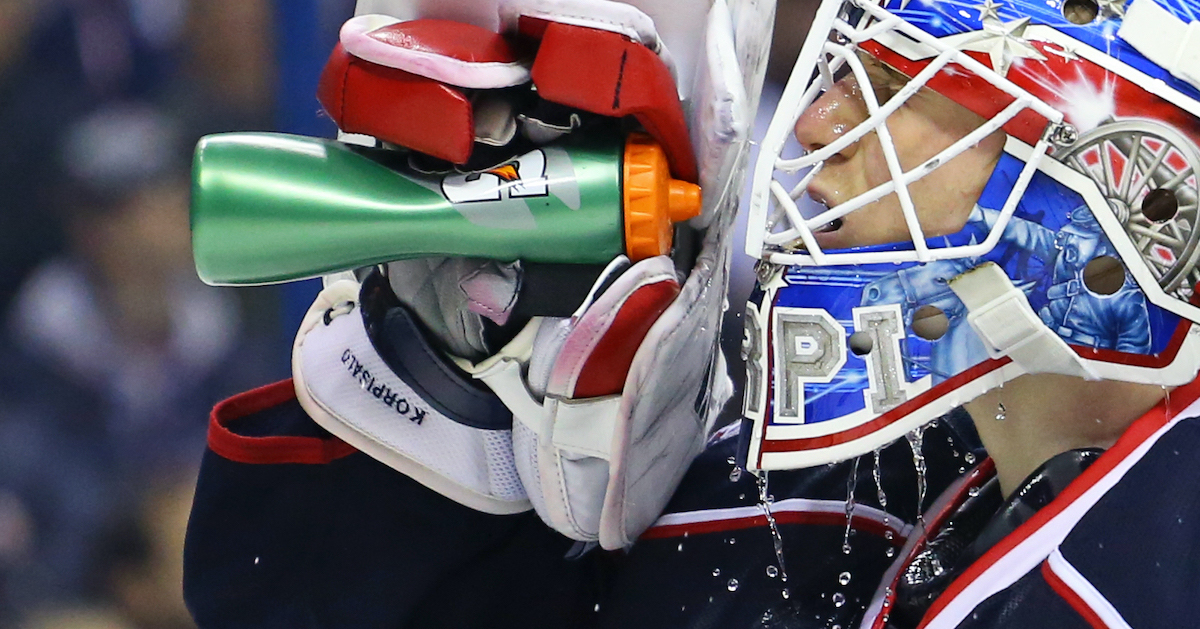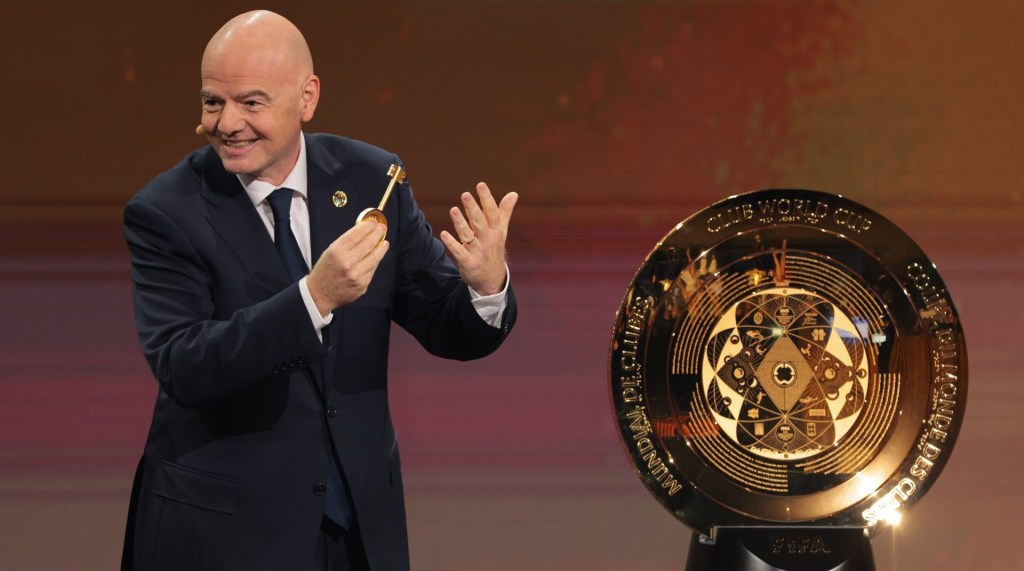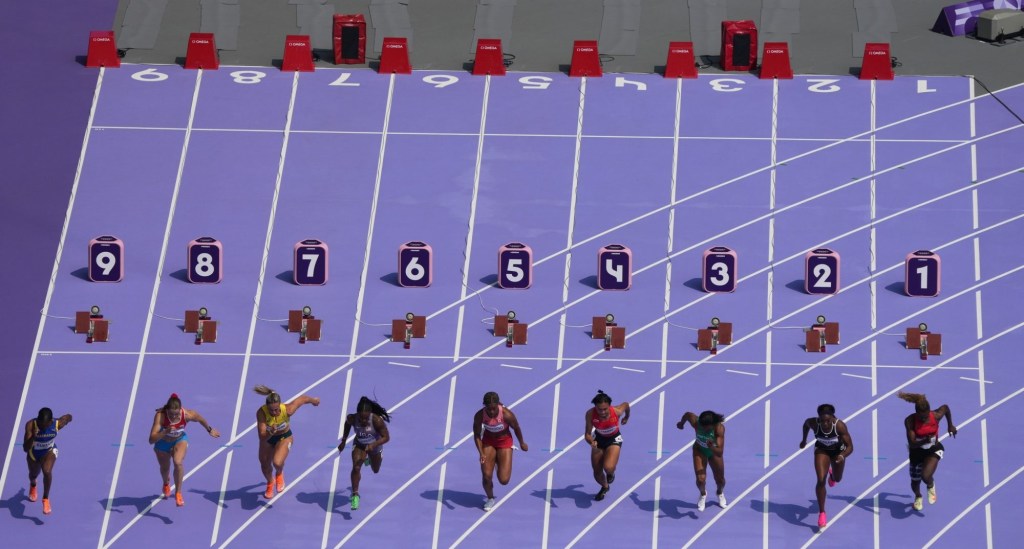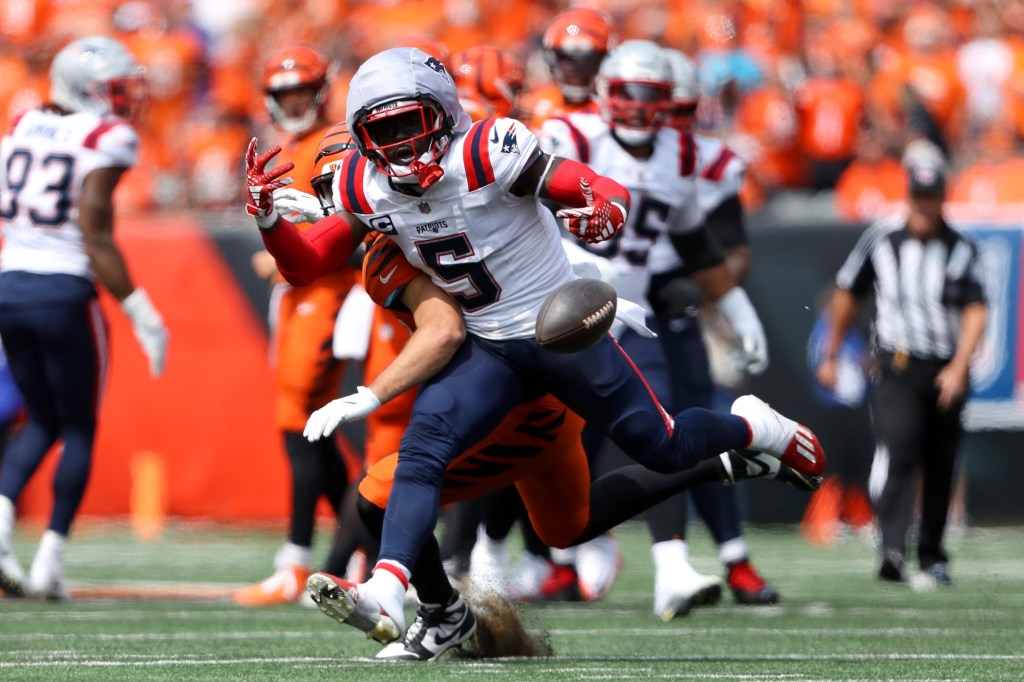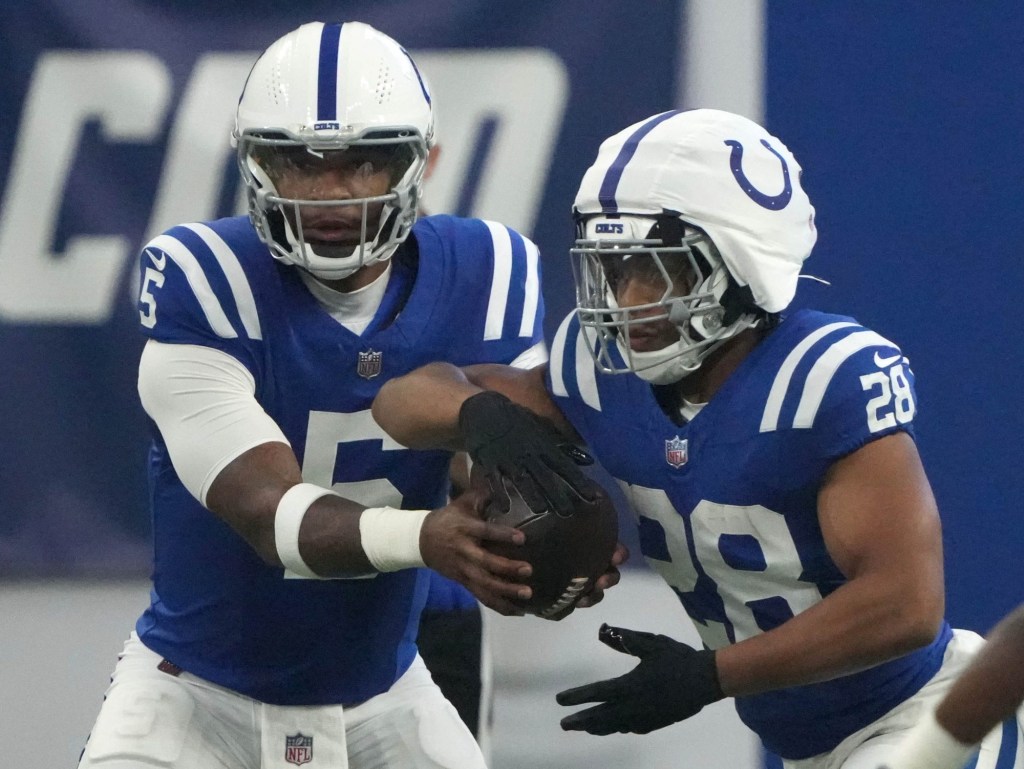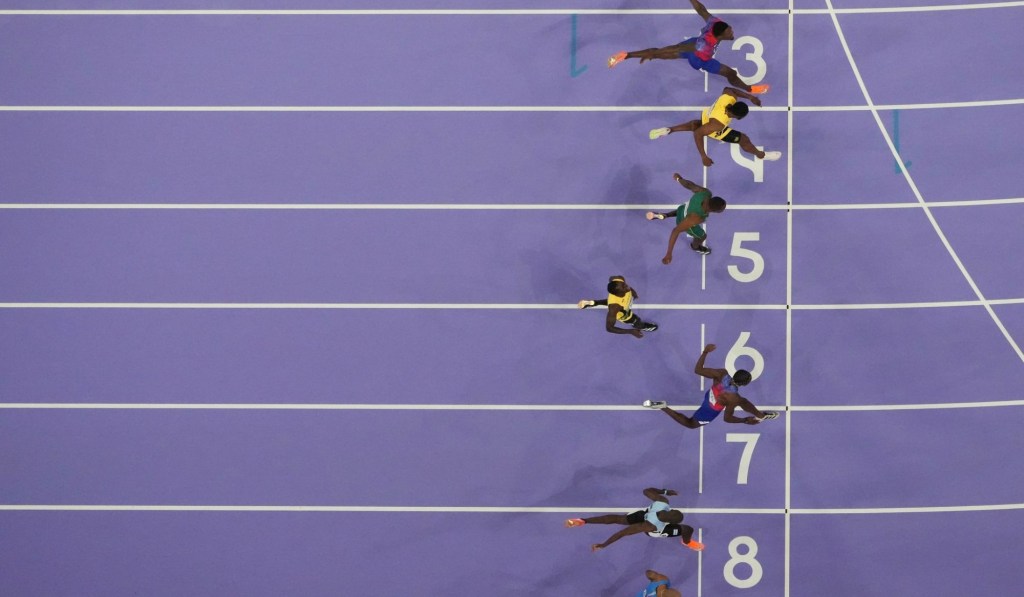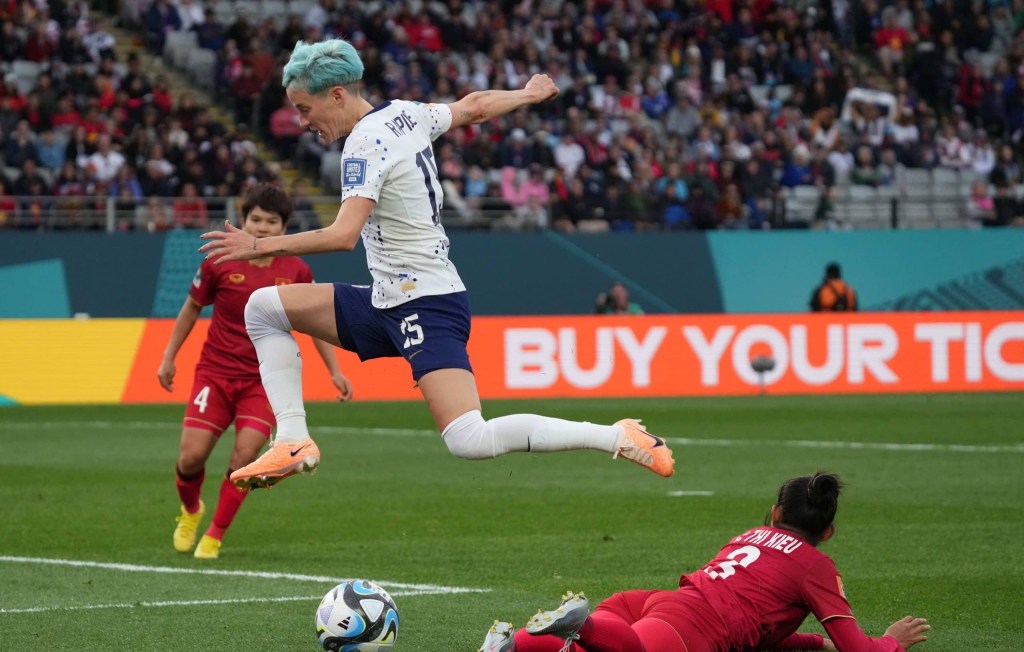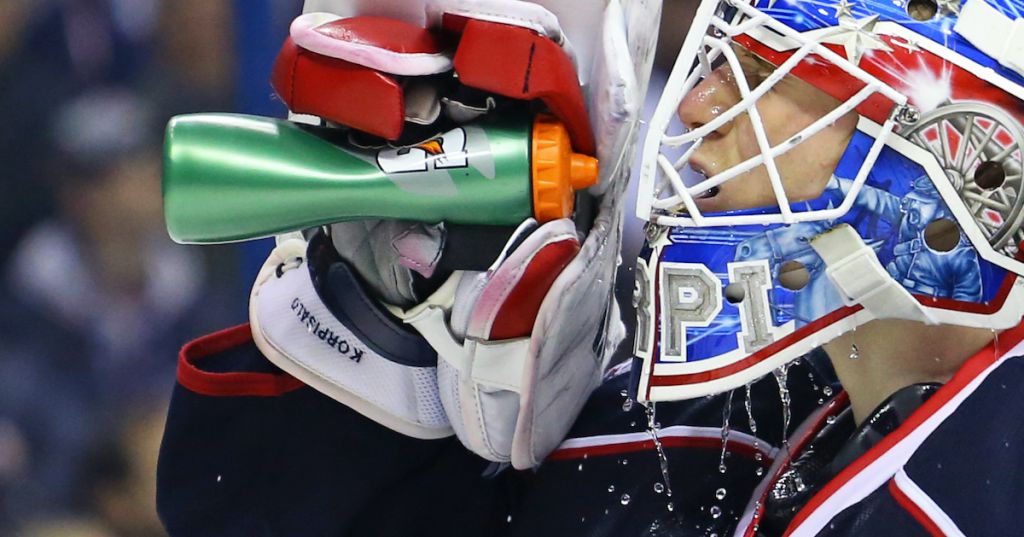
Xavi Cortadellas, Gatorade’s head of innovation and design, jokes his job is often thought of as just changing drink colors.
But what it truly entails is the development of products ranging from energy chews and protein powders to digital platforms.
It’s all part of Gatorade’s plan to push further into technology and athlete personalization, and taking those innovations from the professional level to weekend warriors as a way to maintain its status as the dominant sports drink.
“[It’s] everything we’re trying to bring to market beyond the thirst quencher,” Cortadellas said. “We believe in this marriage between tech and sports, and we want to be a player to leverage technology that can help athletes.”
Cortadellas said the company would work with technology partners to integrate into existing products to further the company’s goals, like athlete personalization. He said lab work with athletes could only provide so much information. That led to the company’s sports scientists working with professional and NCAA team staff, including trainers, managers, and coaches. Those conduits led to further discussion in personalized nutrition and hydration for every athlete.
“We basically called up all these team managers, people who literally live in the locker rooms, day in and day out, so we ask, ‘What are your needs? What are your athletes looking for?’” Cortadellas said. “The broader vision was to bring all athletes a unique solution and different personalization.”
So began Gatorade’s Gx system, which tracks hydration needs based on physical differences, activity level, exertion, duration of exercise, and weather conditions with the Gx scale – measuring weigh-in and weight-out data. The process started in 2014 with a few teams but has scaled up to a mass version that will be available to the public in 2020 via a product called the Gx Patch. The patch will analyze a user’s sweat profile to give more specific hydration advice.
“There are more tailored, formulas based on sweat profiles,” Cortadellas said. “It’s something that’s accessible, something an athlete can wear every time they’re exercising.
“We’ll bring that in 2020 and beyond, our vision is to provide more data to athletes.”
As Gatorade continues to venture into the technology world, it’s connecting its Gx project with Kinduct, a company that provides teams with an athlete management system. The integration adds the sports nutrition data information to the platform in place within many organizations, Cortadellas said.
Gatorade’s team partners are regularly given new products to test out – like Gx products, but also things like plant protein – and takes the feedback to heart, said Katie Knappenberger, director of performance nutrition at Northwestern University. She said the Gx System had been a “gamechanger” for Northwestern staff and athletes in keeping the athletes in shape.
“The [Gatorade] team is responsive to current hydration and nutrition research along with trends and athlete demand,” Knappenberger said. “Gatorade was out to Northwestern earlier this year to sample some plant protein. While they were here, the innovations team was committed to gathering a lot of feedback to adjust their product to meet the nutritional needs as well as the taste preferences of the athletes. I love knowing that they are committed to putting out an evidence-based product that considers taste, and thus athlete compliance, before releasing it to the masses.”
Along with their ventures into the technology realm, Gatorade is launching a caffeinated product, Bolt 24, nationally in 2020. The foray shouldn’t be a significant surprise as caffeine has plenty of recognized fitness benefits, and parent company PepsiCo has pushed a variety of new caffeinated products, like Mountain Dew Kickstart and the recently announced Pepsi Cafe.
PepsiCo also bought Muscle Milk in February, so there’s likely more coming on that front soon. Cortadellas said the company would be working on more performance-related products as well. Gatorade has been PepsiCo’s 4th largest brand since 2010 – the beverage giant bought the sports drink’s former parent company, Quaker Oats Company, in 2000.
Gatorade has been the dominant sports drink in the U.S. for decades but has faced stiffer competition as consumer palates diversify, and the industry welcomes new brands to the market. Perhaps most threatening to Gatorade is BodyArmor, a company in which Coca-Cola has a minority investment, positioning it as a premium product above Coke’s Powerade.
READ MORE: Gatorade Focuses on G League As A Pathway for Innovation
Gatorade currently claims approximately 70% of the sports drink market, according to Beverage Digest and long-standing relationships with many teams and leagues, and the company is using those relationships to leverage into its new technological-focused endeavors.
Cortadellas said the company would continue to push the boundaries as to what defines Gatorade and innovate to help athletes of all kinds. While not all the innovations will reach general consumers, it’s also not always about driving back toward the original thirst quencher.
“It drives back to Gatorade, but not always,” he said. “Sometimes they need Gatorade, but other times maybe they just need water or a banana.”
